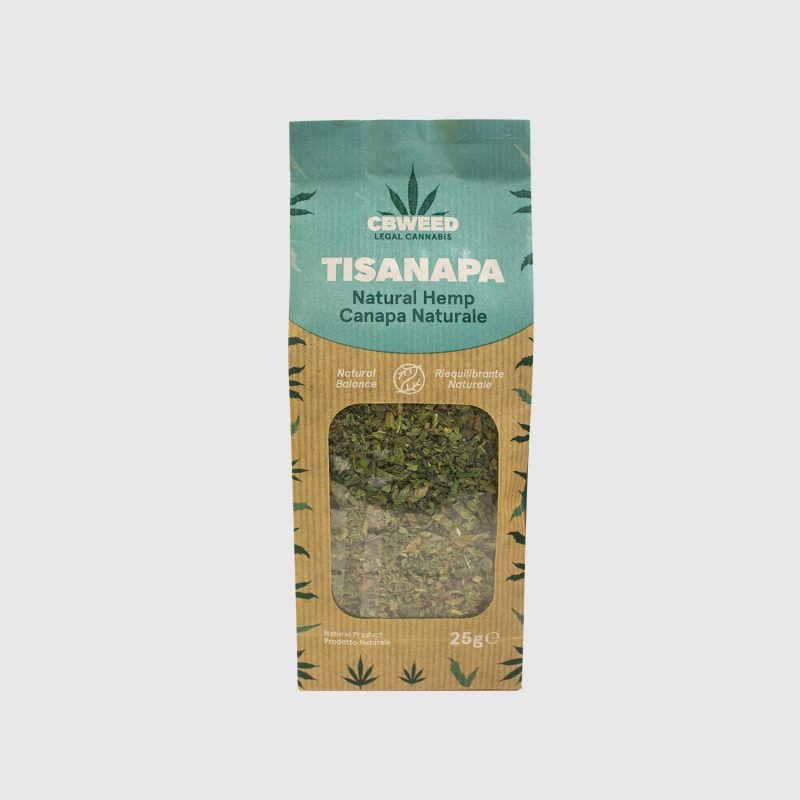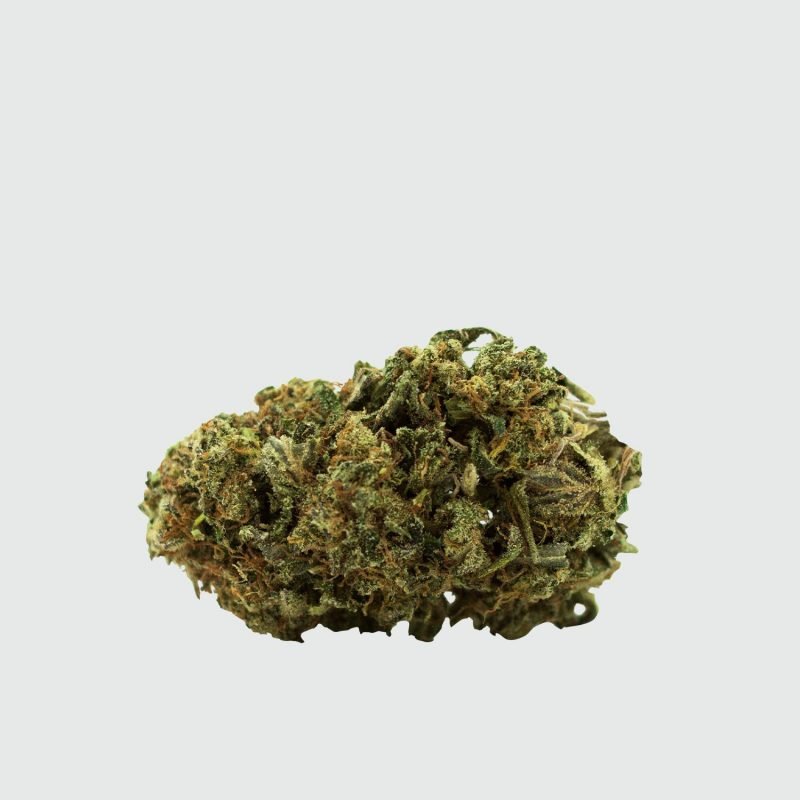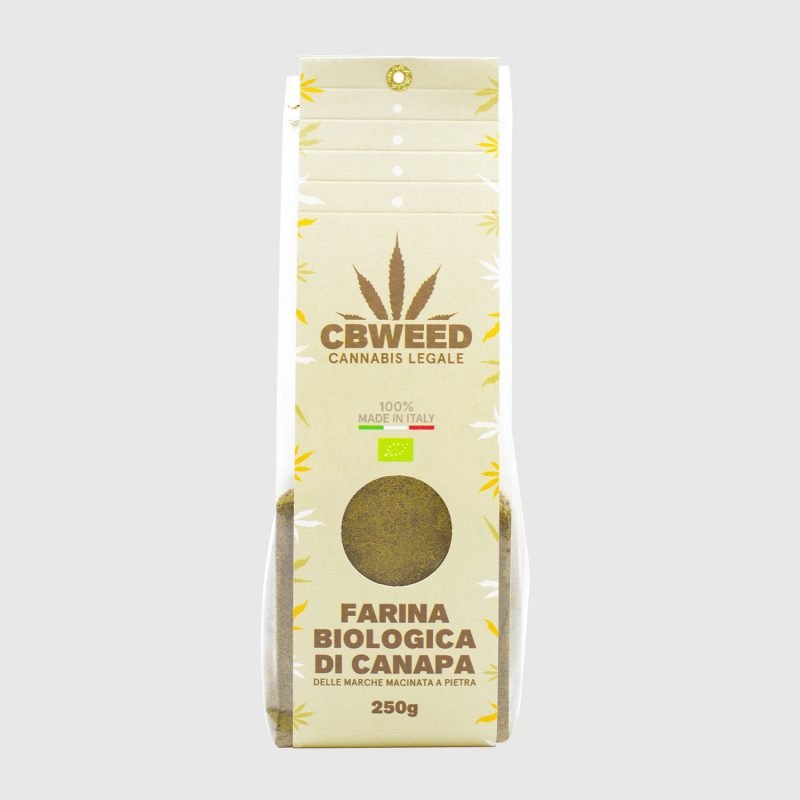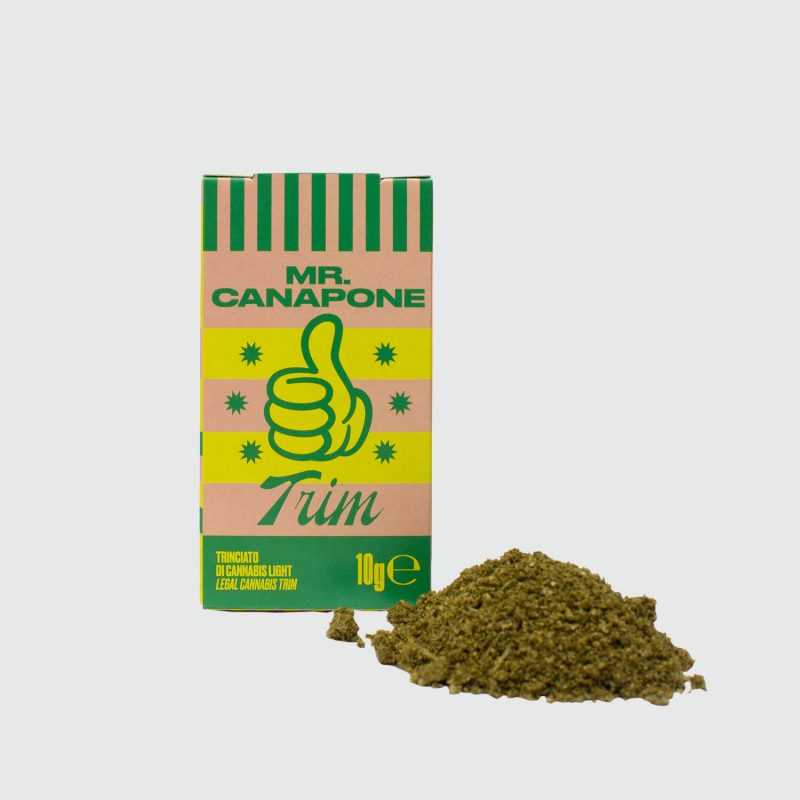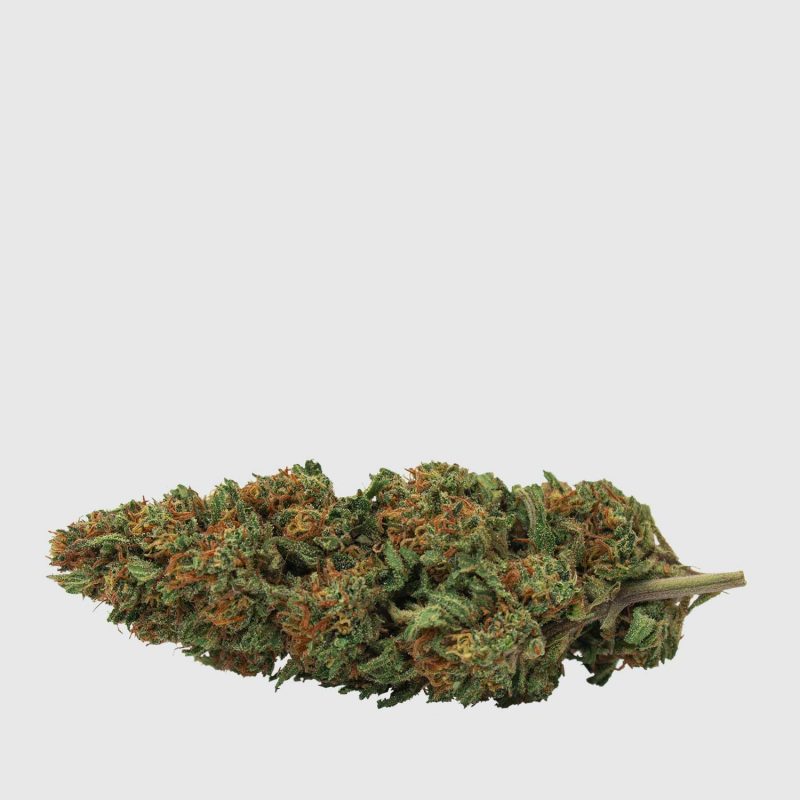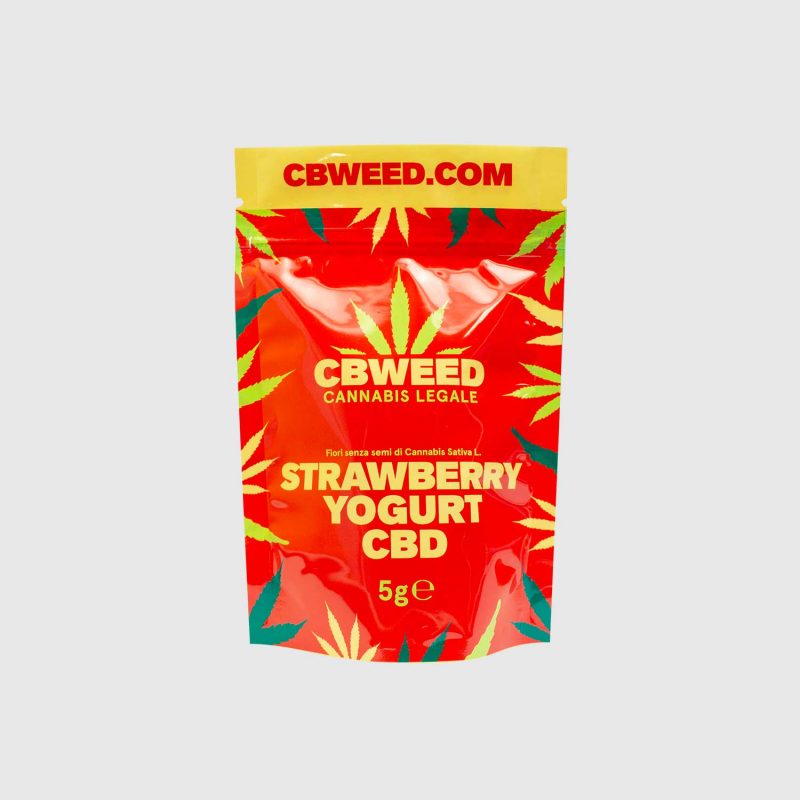CBD and Cannabis Light as a painkiller and natural anti-inflammatory
Can CBD be a valid substitute for Ibuprofen and be used in place of Moment, Brufen and other types of over the counter painkillers?
The hemp plant includes over 80 cannabinoids and for many years both science and law have been mostly focusing on the infamous THC (tetrahydrocannabinol), due to its psychoactive effect – what people generally call a “high”.
Nowadays everybody has been looking at another molecule we can find in cannabis: CBD. What’s so special about it? It could be the anti-inflammatory painkiller of the future, being both effective and without contraindications.
In this article, we will talk about this very particular molecule, how it acts on the human body, the most recent scientific studies on this topic and we will also compare it with the most used anti-inflammatory painkiller in Italy, Ibuprofen.
You may also be interested:
What is CBD? Some clear information about the CBD molecule
What is cannabidiol
CBD is a cannabinoid which, unlike THC, has no psychoactive effect and is therefore not considered a narcotic substance. Many recent scientific studies have been interested in the potential of CBD and its therapeutic effects. In fact, in many countries of the world, it is now recognized for the benefits it can bring to treating a wide variety of disorders, mainly as a painkiller and an anti-inflammatory.
Many researchers are evaluating (as of right now with quite promising results) the efficacy of therapies with high concentrations of CBD to combat the symptoms of various chronic and / or degenerative diseases such as Parkinson’s, Alzheimer’s, epilepsy (especially due to the syndrome of Dravet, West and Lennox-Gastaut), but also anxiety, depression, some serious psychiatric illnesses and also to help addiction rehabilitation (from drugs and alcohol). The possibilities of the medical applications of CBD promise medical revolutions, although most application protocols and procedures are still in the experimental phase.
Scientific evidence on the therapeutic qualities of CBD as painkiller and anti-inflammatory
In 2017, the World Health Organization (WHO) published a 27-page study in which it states that CBD has great potential and that it should not be considered dangerous, nor can it be labelled as a narcotic substance.
This important statement has given free rein to many scientific studies on cannabidiol: in a few years, the idea that CBD could be a substitute for painkillers and classic anti-inflammatories has become evidence. There are many scientific studies that could be cited, here are some of the most significant information they give:
“Clinical studies seem to indicate that both extracts of the Cannabis sativa plant containing known amounts of active compounds (mainly THC and CBD) … are promising treatments for painful conditions that do not respond to available treatments, such as neuropathic, inflammatory and oncological pain In particular, cannabis extracts have shown efficacy to alleviate some symptoms of multiple sclerosis patients, mainly due to chronic pain and spasticity … The selective CB2 receptor agonists do not give central side effects and are highly pain-relieving treatments promising ”
“The scientific evidence of current research supports the use of medical cannabis in the treatment of chronic and inflammatory pain in adults … Because inflammatory pain is a characteristic of several chronic diseases, including cancer, arthritis, inflammatory diseases of the intestine, sickle cell anaemia, etc … cannabinoids seem to promise the reduction of severe pain in these diseases. ”
Ibuprofen, the contraindications that we do not know
Ibuprofen is an active ingredient widely used throughout the world as an anti-inflammatory and pain reliever. It is the pharmaceutical molecule behind many NSAIDs, non-steroidal anti-inflammatory drugs (such as Brufen, Advil and Motrin). These compounds are used in very large quantities to treat pain, inflammation and fever. They are definitely effective but they could also have very important side effects. For example, prolonged use may cause gastrointestinal bleeding, ulceration and/or perforation, sometimes with fatal results. They can have serious repercussions on kidney and liver function, lead to heart failure, worsening of health for those suffering from asthma or lung problems and can interact (with serious outcomes) with many other drugs.
At the moment, CBD has no known generic side effects: many studies suggest that CBD is tolerated and safe for humans even at high doses and with continuous use due to chronic pain or illnesses.
Combining the collected data, it seems obvious to consider CBD as a safe and effective alternative in the treatment of pain and inflammation, especially when it concerns chronic problems, where a long therapy based on NSAIDs (eg ibuprofen) could become risky due to the devastating side effects of these common over-the-counter drugs.
RECOMMENDED PRODUCTS


 Italiano
Italiano



